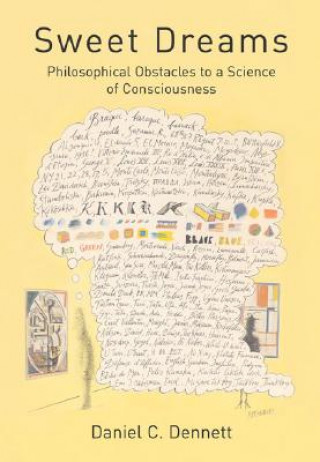
Code: 04044416
Sweet Dreams
by Daniel C. Dennett
In the years since Daniel Dennett's influential Consciousness Explained was published in 1991, scientific research on consciousness has been a hotly contested battleground of rival theories -- "so rambunctious," Dennett observes, ... more
- Language:
 English
English - Binding: Paperback
- Number of pages: 216
Publisher: MIT Press Ltd, 2006
- More about this

You might also like
-

Moral Landscape
52.62 zł -15 % -

Lying
73.26 zł -7 % -
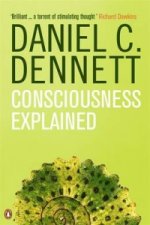
Consciousness Explained
61.52 zł -23 % -

Free Will
38.45 zł -23 % -

Essential Difference
52.21 zł -23 % -
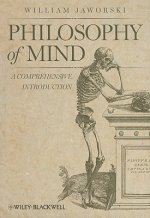
Philosophy of Mind - A Comprehensive Introduction
236.11 zł -
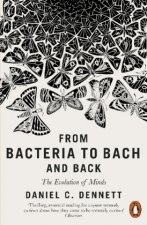
From Bacteria to Bach and Back
70.73 zł -23 %
Give this book as a present today
- Order book and choose Gift Order.
- We will send you book gift voucher at once. You can give it out to anyone.
- Book will be send to donee, nothing more to care about.
More about Sweet Dreams
You get 100 loyalty points
 Book synopsis
Book synopsis
In the years since Daniel Dennett's influential Consciousness Explained was published in 1991, scientific research on consciousness has been a hotly contested battleground of rival theories -- "so rambunctious," Dennett observes, "that several people are writing books just about the tumult." With Sweet Dreams, Dennett returns to the subject for "revision and renewal" of his theory of consciousness, taking into account major empirical advances in the field since 1991 as well as recent theoretical challenges.In Consciousness Explained, Dennett proposed to replace the ubiquitous but bankrupt Cartesian Theater model (which posits a privileged place in the brain where "it all comes together" for the magic show of consciousness) with the Multiple Drafts Model. Drawing on psychology, cognitive neuroscience, and artificial intelligence, he asserted that human consciousness is essentially the mental software that reorganizes the functional architecture of the brain. In Sweet Dreams, he recasts the Multiple Drafts Model as the "fame in the brain" model, as a background against which to examine the philosophical issues that "continue to bedevil the field." With his usual clarity and brio, Dennett enlivens his arguments with a variety of vivid examples. He isolates the "Zombic Hunch" that distorts much of the theorizing of both philosophers and scientists, and defends heterophenomenology, his "third-person" approach to the science of consciousness, against persistent misinterpretations and objections. The old challenge of Frank Jackson's thought experiment about Mary the color scientist is given a new rebuttal in the form of "RoboMary," while his discussion of a famous card trick, "The Tuned Deck," is designed to show that David Chalmers's Hard Problem is probably just a figment of theorists' misexploited imagination. In the final essay, the "intrinsic" nature of "qualia" is compared with the naively imagined "intrinsic value" of a dollar in "Consciousness -- How Much is That in Real Money?"
 Book details
Book details
Book category Books in English Humanities Philosophy Philosophy of mind
172.85 zł
- Full title: Sweet Dreams
- Author: Daniel C. Dennett
- Language:
 English
English - Binding: Paperback
- Number of pages: 216
- EAN: 9780262541916
- ISBN: 0262541912
- ID: 04044416
- Publisher: MIT Press Ltd
- Weight: 244 g
- Dimensions: 207 × 136 × 14 mm
- Date of publishing: 08. September 2006
Trending among others
-
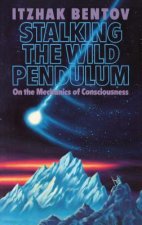
Stalking the Wild Pendulum
64.46 zł -7 % -
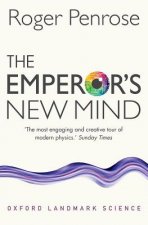
The Emperor's New Mind
56.87 zł -23 % -

Essay Concerning Human Understanding
22.46 zł -29 % -

Book of Five Rings
43.31 zł -
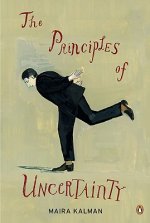
Principles of Uncertainty
101.70 zł -13 % -
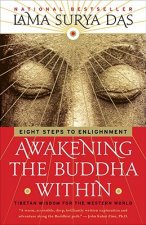
Awakening the Buddha Within
70.23 zł -10 % -
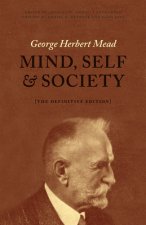
Mind, Self, and Society
158.18 zł -
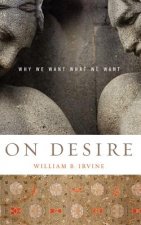
On Desire
70.03 zł -4 % -

HERMENEUTICS OF THE SUBJECT
114.15 zł -5 % -

Death
81.87 zł -5 % -
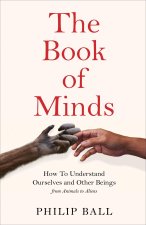
Book of Minds
93.81 zł -23 % -
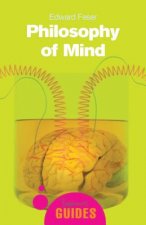
Philosophy of Mind
52.21 zł -23 % -

Surfaces and Essences
137.94 zł -11 % -

Lost Knowledge of the Imagination
93.81 zł -23 % -

Sources of the Self
179.23 zł -12 % -
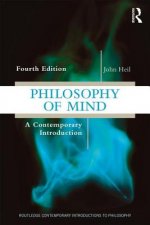
Philosophy of Mind
271.63 zł -

Taking Appearance Seriously
93.81 zł -23 % -

Teachings of The Ocean
95.53 zł -
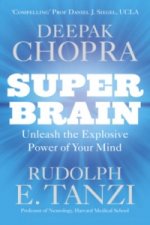
Super Brain
80.04 zł -23 % -

Women, Fire, and Dangerous Things
110.71 zł -
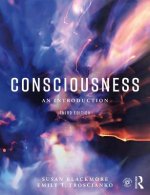
Consciousness
242.18 zł -

Ghost in the Machine
97.65 zł -

Little Book of Inner Peace
38.45 zł -23 % -
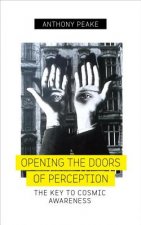
Opening The Doors of Perception
61.52 zł -23 % -

Life In Freedom
55.55 zł -4 % -

Passions
109.90 zł -9 % -
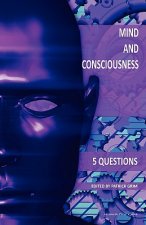
Mind and Consciousness
161.21 zł -
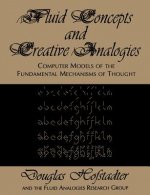
Fluid Concepts and Creative Analogies
106.36 zł -1 % -
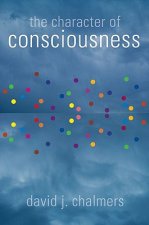
Character of Consciousness
282.66 zł -

Notes Toward a Performative Theory of Assembly
89.15 zł -7 % -
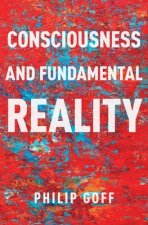
Consciousness and Fundamental Reality
585.17 zł -

Seeing Things as They Are
167.49 zł -23 % -

Beyond Human Nature
61.52 zł -23 % -

Private Truths, Public Lies
236.11 zł -

Cambridge Handbook of Cognitive Science
183.18 zł -
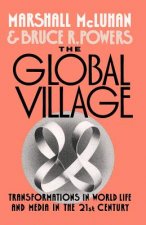
Global Village
134.39 zł -

Oxford Handbook of Philosophy of Emotion
365.25 zł -

Solar Plexus or Abdominal Brain
123.87 zł -
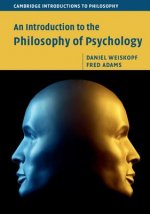
Introduction to the Philosophy of Psychology
199.87 zł -

Action, Belief, and Community
376.28 zł -

On Touching-Jean-Luc Nancy
134.39 zł -
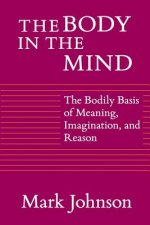
Body in the Mind
194.92 zł -

Philosophy of Fear
127.92 zł -
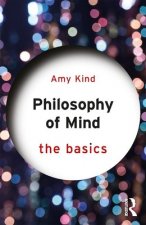
Philosophy of Mind: The Basics
106.97 zł -

Out of the Cave
229.02 zł -12 % -

Youniverse
166.07 zł -
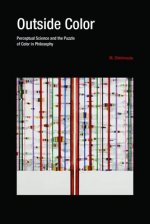
Outside Color
228.01 zł -
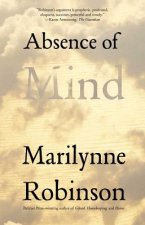
Absence of Mind
80.35 zł -10 % -

Alchemy - The Turba Philosophorum or Assembly of the Sagas
118.81 zł
safisfied customers
Since 2008, we have served long line of book lovers, but each of them was always on the first place.
Copyright! ©2008-24 libristo.pl All rights reservedPrivacyPoučení o cookies



 21 million books
21 million books Delivery 12.99 zł
Delivery 12.99 zł (32) 444 93 66 (8-15.30h)
(32) 444 93 66 (8-15.30h)